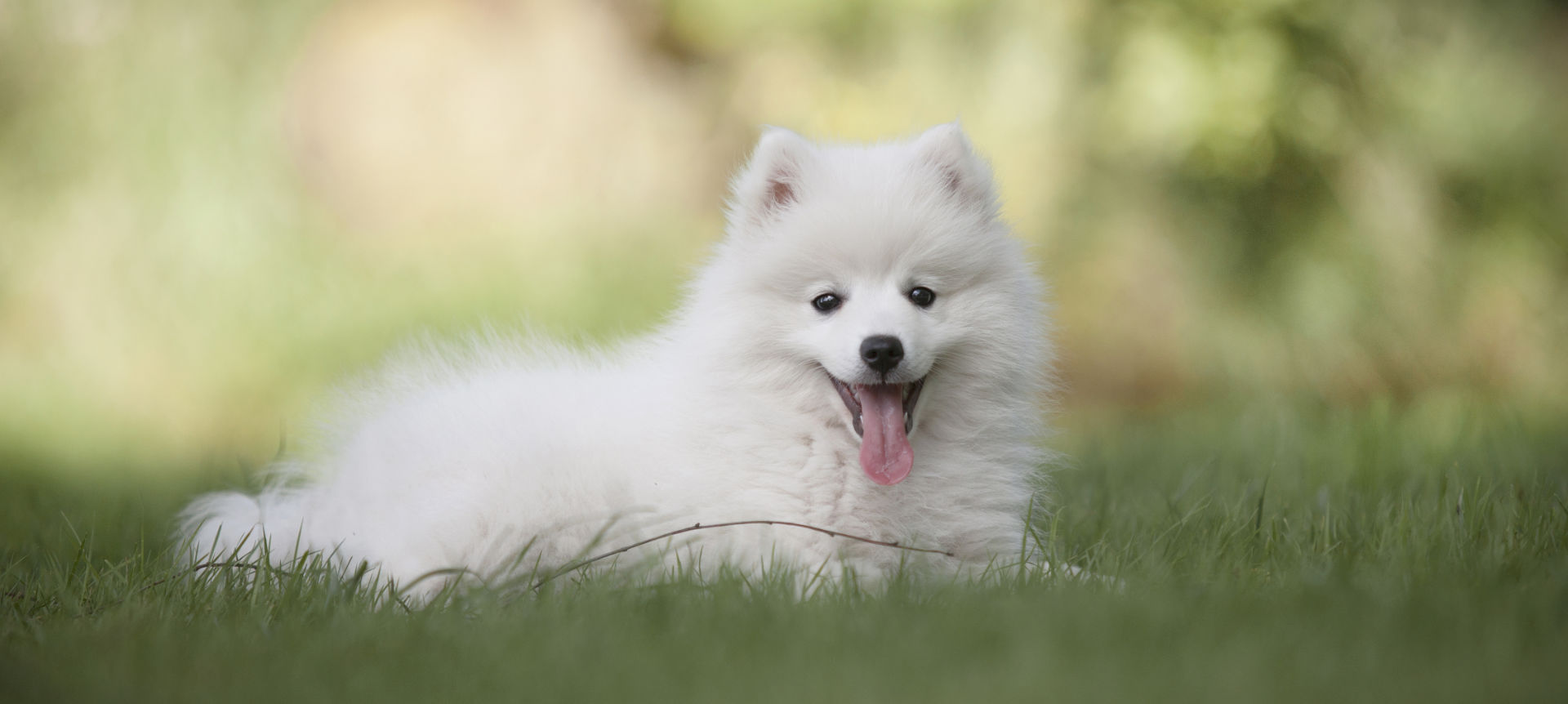
08 Dec My Pet Won’t Let Me Brush Their Teeth: Now What?
At Veterinary Dental Specialists of WI, we always recommend brushing as the best way to care for your pet’s teeth. However, we are aware that brushing is not an option for every pet. So what can you do to still protect your pet’s dental health when they won’t let you brush their teeth?
Fortunately, there are various alternatives and innovative solutions available to ensure that your pet’s dental care needs are met, even if they’re not fond of traditional toothbrushing. In this blog, we’ll explore options for dental care, delve into the Veterinary Oral Health Council’s recommendations, and discuss reputable products such as dental chews and specialized dental diets.
Understanding the Veterinary Oral Health Council (VOHC):
The Veterinary Oral Health Council is an organization that evaluates pet oral care products for efficacy and safety. Their Seal of Acceptance is a valuable indicator that a product has met specific standards for plaque and tartar control. When seeking dental care products for your pet, look for the VOHC Seal of Acceptance, ensuring that the product has undergone rigorous testing and is recognized by veterinary professionals. To view approved products and learn more, visit the VOHC website at: https://vohc.org
Alternatives to Brushing Pet Teeth: Dental Chews
-
Purpose and Benefits
Dental chews are a popular alternative to traditional toothbrushing, providing a convenient and enjoyable way to promote oral health in pets. These chews are designed to reduce plaque and tartar buildup, freshen breath, and contribute to overall dental well-being. Dental chews can also be a great way to provide enrichment and keep your pet busy. We always recommend supervision while your pet is enjoying their chew.
-
Mechanical Action
Many dental chews are formulated to encourage chewing, which promotes mechanical action on the teeth. This action helps to dislodge plaque and prevent the formation of tartar. Many chews are also made with special grooves or shapes that help remove plaque and tarter.
-
Ingredients Matter
Reputable dental chews contain ingredients that contribute to good dental health. Look for products that include enzymes to break down plaque, as well as ingredients like chlorhexidine or hexametaphosphate, which can help control bacteria and tartar.
-
VOHC-Accepted Chews
For added confidence, choose dental chews that have earned the VOHC Seal of Acceptance. These products have demonstrated effectiveness in reducing plaque or tartar, ensuring that your pet receives the best oral care possible.
Specialized Diets for Dental Health
Hills, a well-known pet food manufacturer, offers a prescription diet specifically formulated for dental health—Hills Prescription Diet t/d. This dry kibble is designed to provide a complete and balanced diet while also promoting dental health through its unique texture and formula. The kibble’s larger size and unique fiber matrix create a tooth-cleaning effect, helping to scrub away plaque and tartar as your pet chews. This mechanical cleaning action contributes to healthier teeth and gums. It’s important to note that some of these diets are available by prescription only, emphasizing the significance of consulting with your veterinarian before introducing any specialized diet to your pet’s routine. There are also non-prescription diets available that are formulated for oral health.
Before making any significant changes to your pet’s diet, it’s crucial to consult with your veterinarian. They can assess your pet’s specific needs and determine the most appropriate dietary approach for optimal oral health.
Safe Chew toys
How do you know if a toy is safe for your pet’s teeth? Toys should be bendable, or you should be able to make a fingernail imprint in it. We do not recommend any type of bone or hard items due to the risk of fracturing a tooth. The mechanical action of chewing on and playing with a toy will help clean plaque and tarter off teeth.
Veterinary Dentist in Milwaukee, WI
Maintaining your pet’s dental health is a crucial aspect of responsible pet ownership, and the good news is that there are numerous alternatives for those pets who simply won’t tolerate traditional toothbrushing. From VOHC-approved dental chews to specialized dental diets, pet owners have a variety of options to choose from. By prioritizing your pet’s oral health and working closely with your veterinarian, you can find a solution that fits your pet’s preferences and ensures a lifetime of happy, healthy smiles. If you’d like to consult a board-certified veterinary dentist about the best alternatives to brushing, contact us today to schedule an appointment.
Images used under creative commons license – commercial use (12/8/2023). Photo by Mikhail Vasilyev on Unsplash


